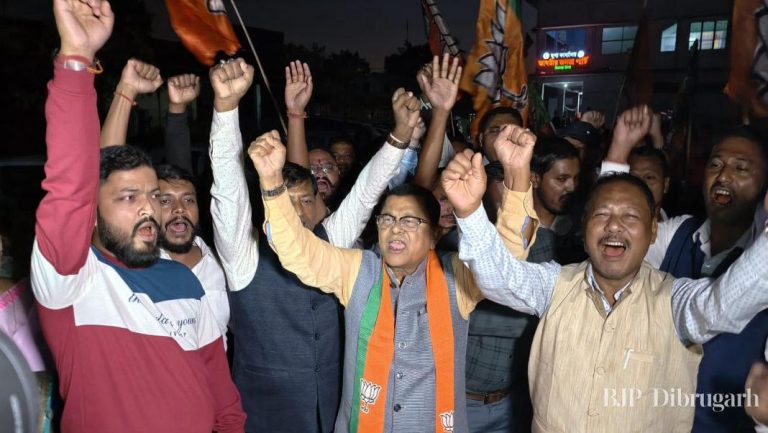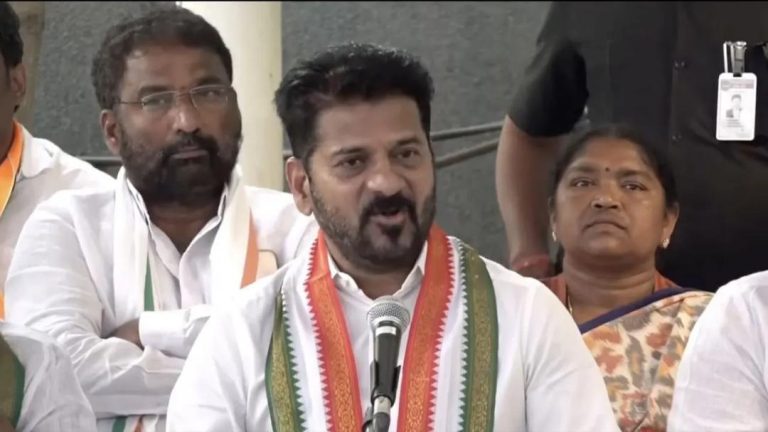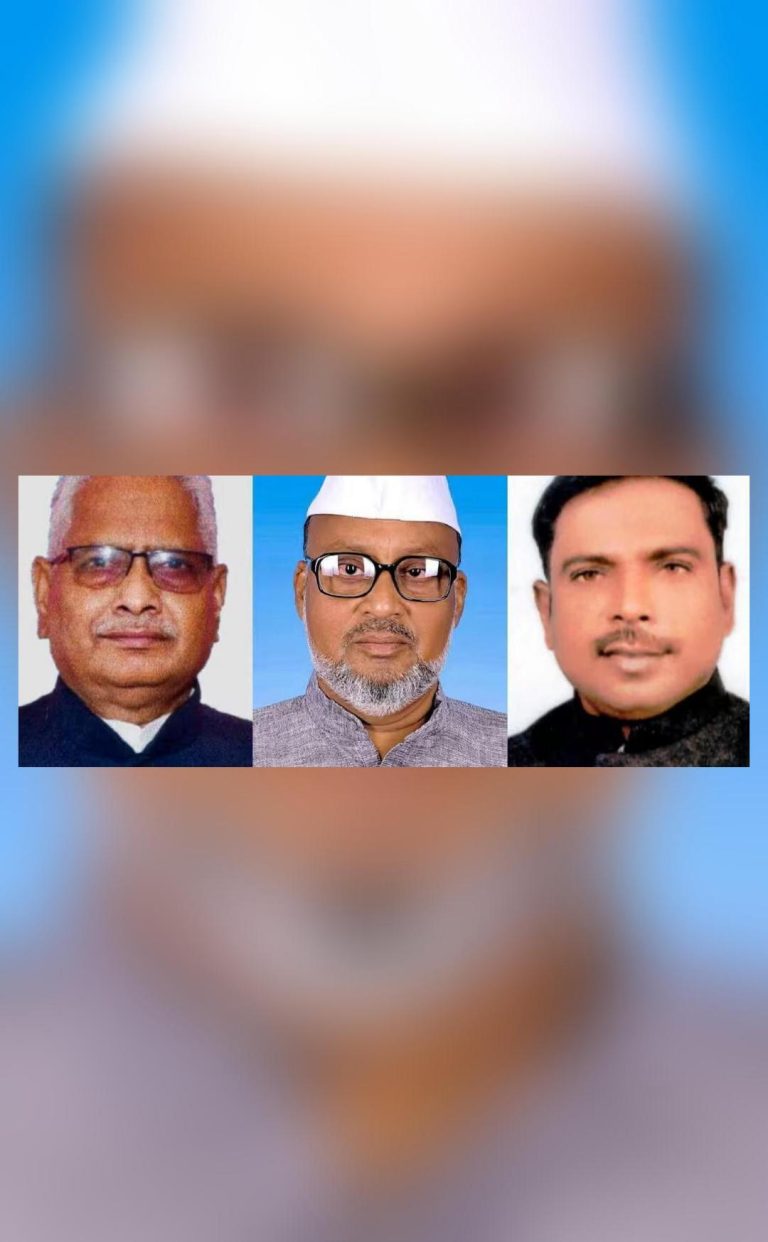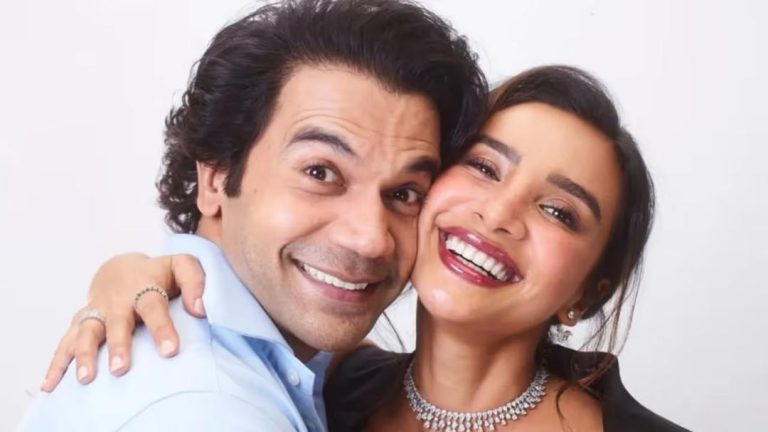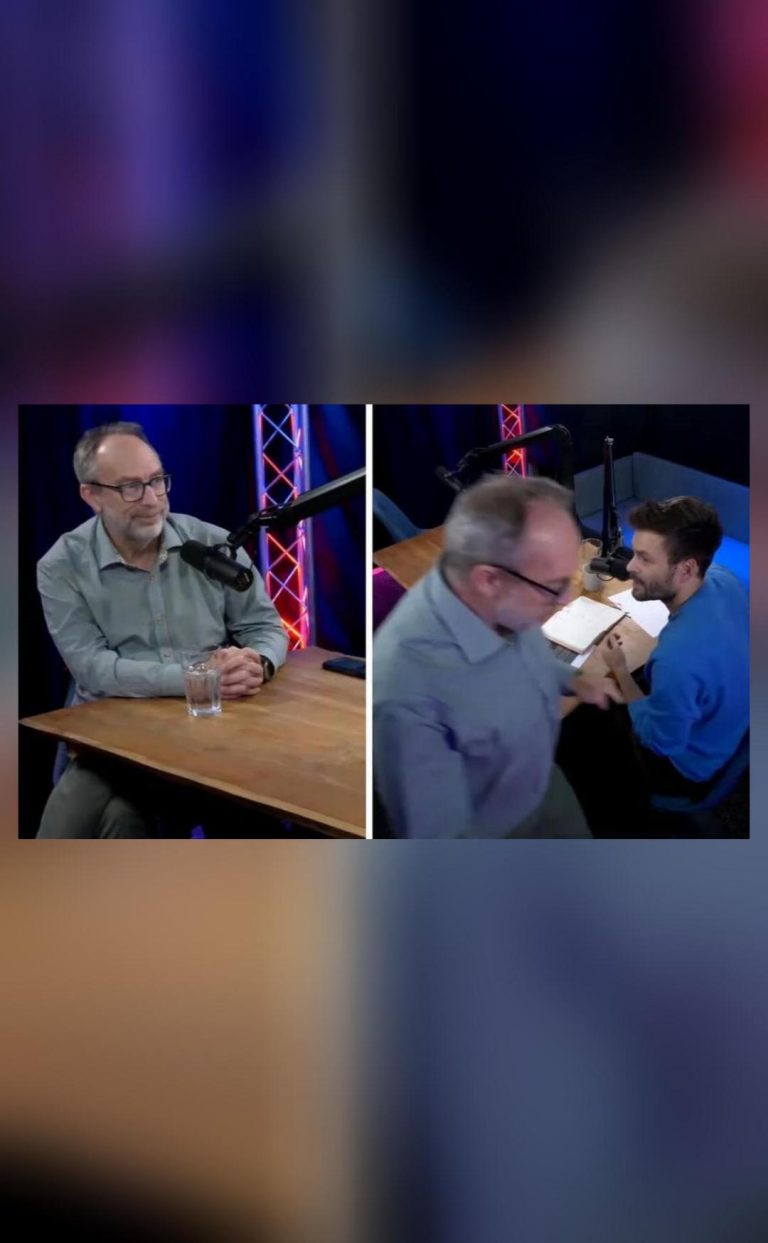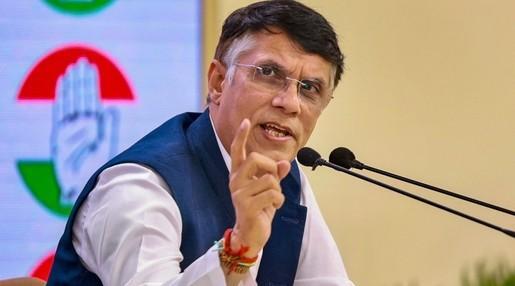
Why hasn’t PM Modi rejected Trump’s ceasefire claim: Congress
In a recent statement, US President Donald Trump claimed that he had brokered a ceasefire between India and Pakistan. This is not the first time Trump has made such a claim, and it has left many wondering why Indian Prime Minister Narendra Modi has not rejected the claim, even once. Congress leader Pawan Khera recently took to social media to question Modi’s silence on the matter.
Khera, in a tweet, wrote, “This is the 8th time President Trump has made this claim that he got Operation Sindoor stopped.” He further asked, “What does PM Modi’s silence mean?” The tweet was accompanied by a screenshot of Trump’s statement, which claimed that he had “worked very closely” with Modi to stop the ceasefire.
The question on everyone’s mind is, why has Modi not rejected Trump’s claim? Has he given up on his diplomatic efforts, or is he simply not interested in correcting Trump’s misinformation? The lack of a response from the Prime Minister’s Office (PMO) has left many wondering about the true nature of the relationship between India and the US.
It is worth noting that Trump’s claim is largely exaggerated, if not entirely false. The ceasefire between India and Pakistan was brokered by the International Committee of the Red Cross (ICRC) and the United Nations, not by Trump or Modi. The ICRC has been working tirelessly to facilitate dialogue between the two nations and find a peaceful solution to the conflict.
The issue of Trump’s claim has sparked a heated debate in India, with many questioning the credibility of the Prime Minister and his government. Some have gone as far as to accuse Modi of being complicit in Trump’s misinformation, while others have defended the Prime Minister’s silence, saying that he is simply focused on more pressing issues.
In reality, Modi’s silence on the matter is likely a result of the complex relationship between India and the US. On one hand, India has been trying to strengthen its ties with the US, recognizing the benefits of a strong alliance. On the other hand, the Indian government has been cautious about appearing to be too close to the US, given the country’s historical relationship with Pakistan.
The relationship between India and Pakistan is a delicate one, and any perceived interference by the US or any other country can be seen as a threat to India’s sovereignty. Modi’s silence on the matter may be a result of his desire to avoid stirring up tensions with Pakistan, while at the same time, avoiding a direct confrontation with Trump.
However, Khera’s question is a valid one. If Modi is not rejecting Trump’s claim, does it mean that he is complicit in the misinformation? Or is he simply using his silence as a way to avoid a confrontation with the US? The lack of a response from the PMO has left many wondering about the true nature of the relationship between India and the US.
In conclusion, Trump’s claim of brokering a ceasefire between India and Pakistan is a clear example of misinformation, and it is the duty of the Prime Minister to correct it. Modi’s silence on the matter has left many questioning his credibility and the nature of his relationship with the US. Until the PMO releases a statement denying Trump’s claim, the question of why Modi is not rejecting Trump’s claim will continue to linger.
